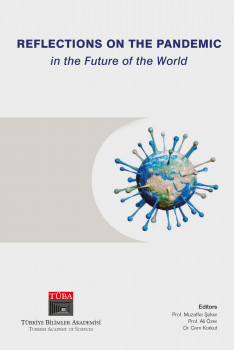The Effectiveness of the World Health Organization in Pandemics and the Future of the Post-Pandemic Era

The Effectiveness of the World Health Organization in Pandemics and the Future of the Post-Pandemic Era
World Health Organization (WHO) is the specialized agency of the United Nations (UN) which was established in 1948. It has its Headquarters in Geneva, 6 different Regional Offices and149 Country Offices. World Health Organization’s mandate, priority areas and working fields are decided by its Member States. Its primary decision-making body is the World Health Assembly (WHA) with WHO Executive Board (EB). World Health Organization’s work is determined and reviewed at the WHA by instructions and approval of official delegations authorized by Member States. World Health Organization Director General and staff, together constituting Secretariat, are responsible of implementation of decisions. WHO is an organization that is setting standards and norms in the field of global health, therefore WHO has an impact and mandate on particularly as the directing and coordinating authority, norm and standard setting agency, providing support in cases of emergencies and development of health policies health systems countries. Being a legal framework of detection and control of public health risks at its origin before crossing border, The International Health Regulations (IHR imposes some obligations on WHO and assigns some responsibilities on Member States. Some global health problems and lately the COVID-19 pandemic has led to some criticisms on World Health Organization and brought up the future of World Health Organization for discussion in the post-pandemic era.
